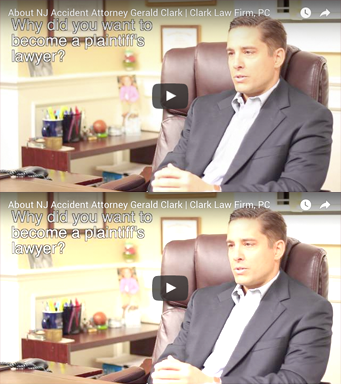Be Cautious About Signing a Medical Authorization Form
If an insurance adjuster asks you to sign a medical authorization form, beware! Claimants in personal injury cases are often asked to sign a medical authorization form to recover under a liability insurance policy, but the law does not require you to do so. A New Jersey accident law firm can help ensure that you fully understand all of your rights under the law.
You Do Not Have to Sign a Medical Authorization Form
You are generally not legally required to sign a medical authorization form to be entitled to recover under a liability insurance policy. Insured policyholders are obliged to cooperate under a “cooperation clause” contained in most insurance policies, but this does not apply to third-party claimants with injury claims. If an adjuster tells you that you must sign a medical authorization in order to receive payment, he or she may be misrepresenting the law, as well as the terms of the insurance policy.
The Problem with Medical Authorization Forms
Medical authorization forms give adjusters permission to dig into a claimant’s complete medical history. This means they can look into pre-existing conditions and medical issues that are completely unrelated to the personal injury claim at issue.
Adjusters might tell you that they require copies of the medical reports and bills in order to evaluate and validate your bodily injury claim. While this is true, medical authorization forms are usually too broad in their scope. Information found by the adjuster while combing through all of your medical records can be used against you.
What Should You Do?
Above all else, be wary about signing medical release forms. Even though you are probably anxious about your financial recovery and want a prompt payment, signing an all-encompassing medical authorization form is probably not the best approach.
Things to look out for:
- Be cautious about signing any type of medical authorization form. Read the form carefully.
- Do not sign an “open-ended” medical authorization form. If the medical authorization form is to remain in effect for an indefinite period, refuse to sign it.
- Make sure that any form you sign limits the adjuster to the medical bills and reports pertaining to the accident that occurred on a particular date and the treatment resulting from that accident.
If you have further questions or need the services of a New Jersey accident law firm, call Gerald H. Clark at 877-841-8855 to schedule a consultation.

